Bin Blocks For Sale Near Me – The idea that everything is for sale works to perpetuate inequality, as those with the most resources can continue to amass power and wealth, while others are left to scramble for what little they can get. When people choose quality goods, they are choosing longevity over convenience, enduring craftsmanship over temporary trends, and often, a timeless aesthetic over what is in vogue today. In this broader sense, the concept of “for sale” is not just about the exchange of goods; it’s a driving force in the global economy, influencing how people live, work, and interact with the world around them. For the seller, the goal is often to maximize the value of the business, while for the buyer, the focus is on ensuring that the investment is sound and that the business can continue to thrive under new ownership. Online marketplaces have opened up opportunities for people to buy and sell goods from the comfort of their own homes. The promise of success in a marketplace driven by capitalism can be an illusion for those who don’t have the resources or opportunities to compete on equal footing. But what about the intangible things? Can memories be bought? Can feelings, emotions, or connections be traded? In a sense, many people would argue that in today’s world, even the intangible is up for grabs. This shift from a linear economy, where products are made, used, and disposed of, to a circular one, where products are continually reused and repurposed, is a step towards a more sustainable and environmentally friendly world. The possibilities are endless, and the result is often something more unique and personal than what could be bought new. Workers are often paid meager wages for their labor, while corporations amass wealth. Some need the money, some want to declutter, and others might feel the urge to let go of possessions as they enter new phases in their lives. In this digital age, it often feels like there’s no such thing as privacy anymore, and that’s because we’ve essentially agreed to sell pieces of ourselves in exchange for recognition, affirmation, or even money. On the other hand, traditional industries such as brick-and-mortar retail or manufacturing may face challenges, with many businesses in these sectors looking to sell or transition due to changing market conditions. Even objects with little intrinsic value can be sold with great meaning. Many everyday products, such as kitchenware, footwear, and tools, can also be considered quality goods, provided they are made to last and perform well over time. In this sense, quality is not just about prestige; it’s about making thoughtful choices that contribute to a more sustainable and rewarding lifestyle. Similarly, during periods of economic growth, there may be a greater willingness to spend on luxury second-hand items, such as high-end fashion or collectible items. It’s about change, opportunity, and the negotiation of value. The production of new goods often requires significant resources, such as raw materials, energy, and labor, while also generating waste and contributing to pollution. This sense of connection can also extend to the broader culture of quality goods, where consumers and creators share a commitment to excellence and a desire to preserve the craft and tradition behind these products.
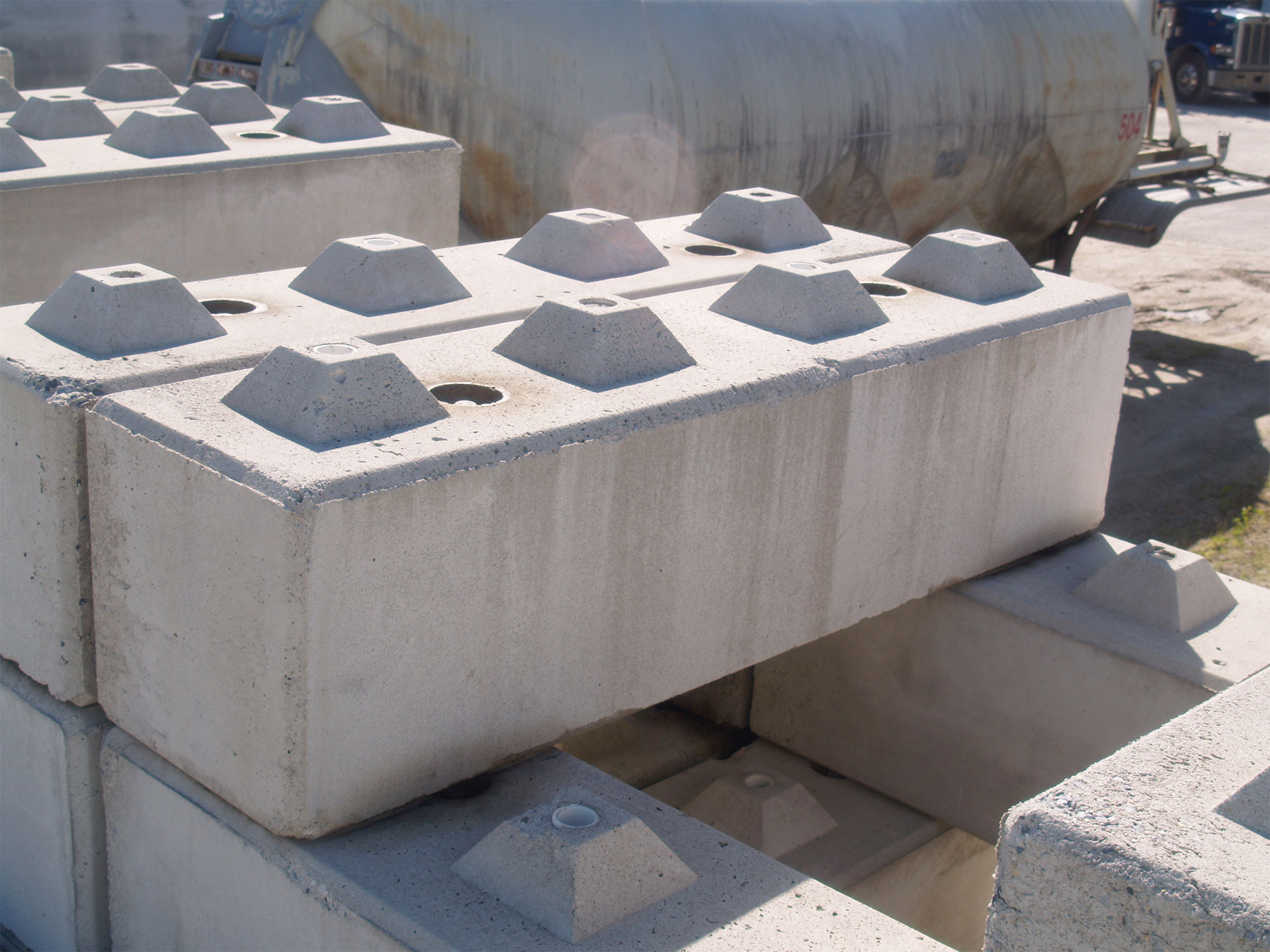
Bin Block Action Supply
Fast shippingshop our huge selectionread ratings & reviewsshop best sellers
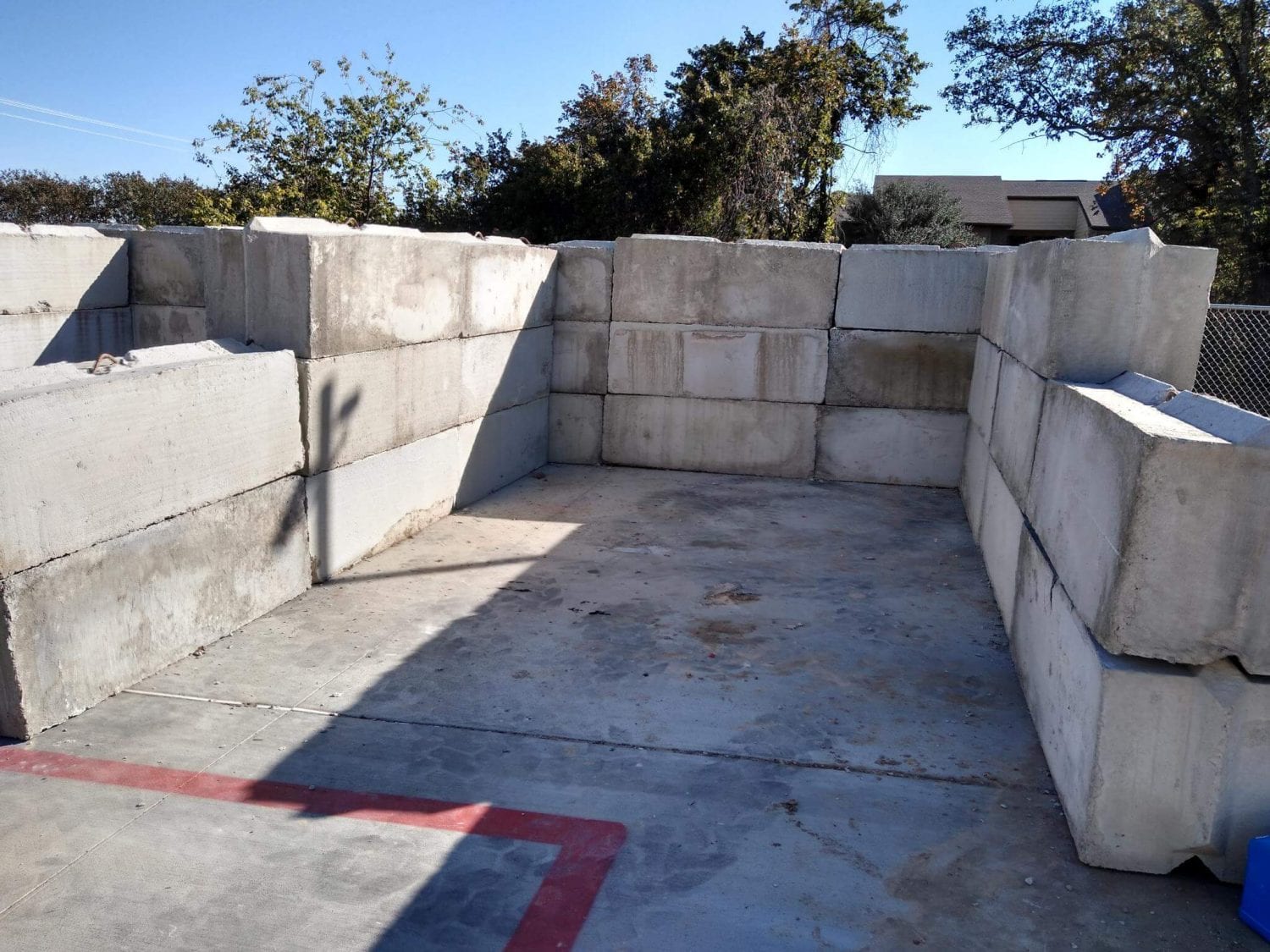
√ concrete blocks for sale 268254Concrete blocks for sale near me
Fast shippingshop our huge selectionread ratings & reviewsshop best sellers
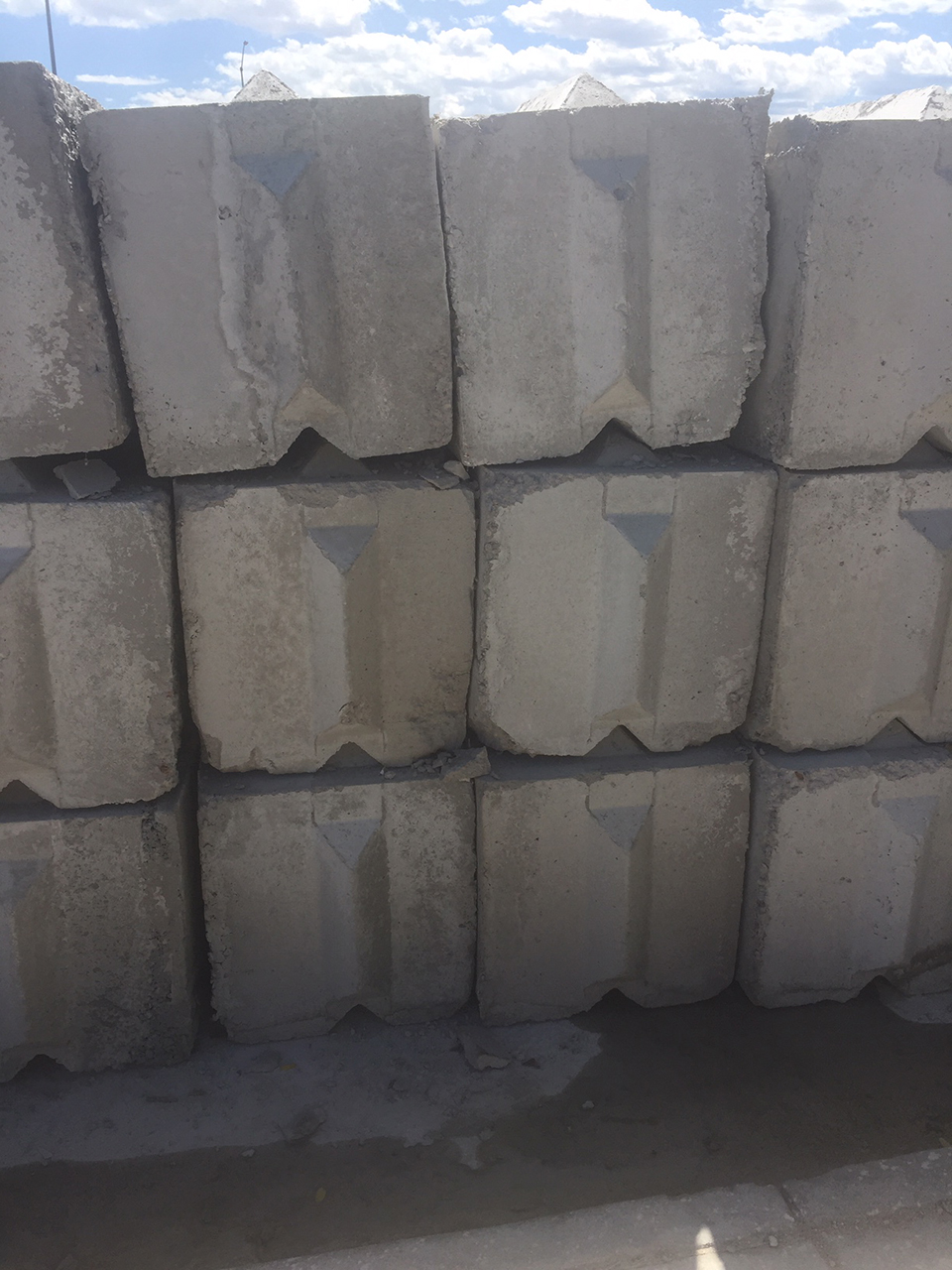
Precast Concrete Bin Blocks Products Copeland Precast
Fast shippingshop our huge selectionread ratings & reviewsshop best sellers

6′ Deco Bin Block 48 Barriers
Fast shippingshop our huge selectionread ratings & reviewsshop best sellers

Precast Concrete Bin Blocks Products Copeland Precast, 48 OFF
Fast shippingshop our huge selectionread ratings & reviewsshop best sellers
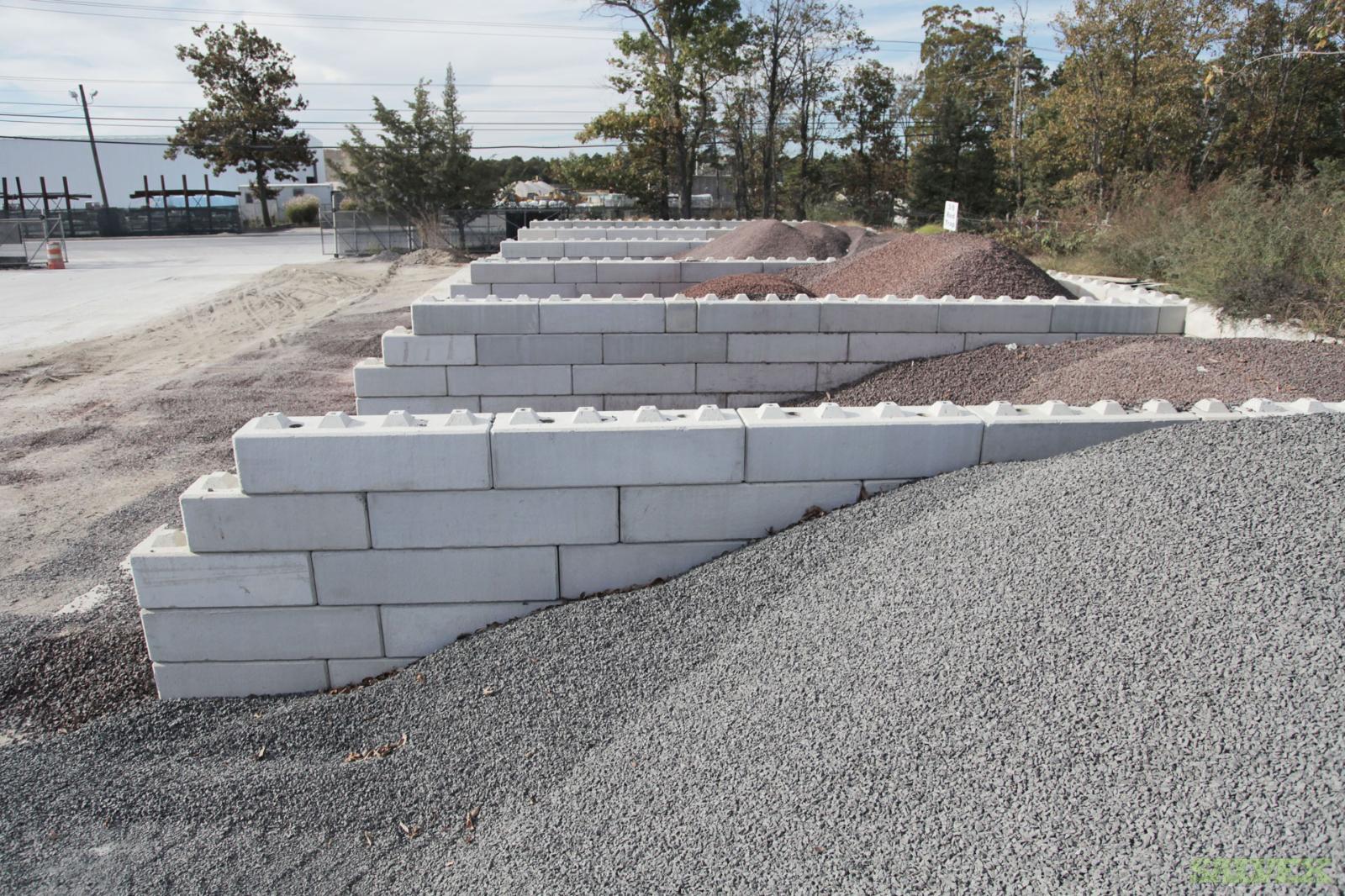
Concrete Bin Blocks 2ft X 2ft X 6ft For Building Bulk Storage Bins
Fast shippingshop our huge selectionread ratings & reviewsshop best sellers

Full Bin Blocks Stone Products PAW Materials
Fast shippingshop our huge selectionread ratings & reviewsshop best sellers
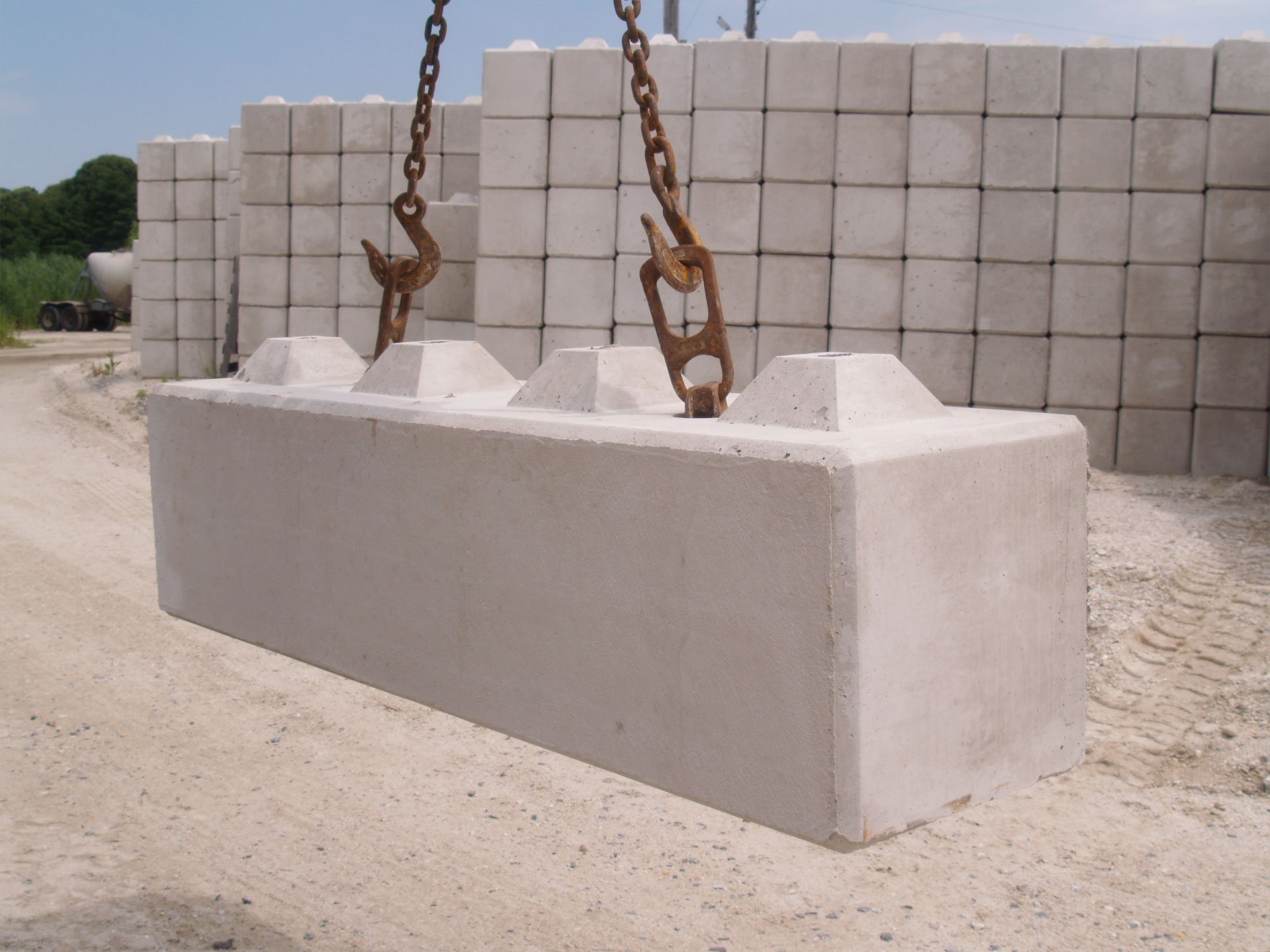
Kennedy Concrete Bin Block
Fast shippingshop our huge selectionread ratings & reviewsshop best sellers

Concrete Bin Block 48 Barriers New & Used Highway Barriers
Fast shippingshop our huge selectionread ratings & reviewsshop best sellers
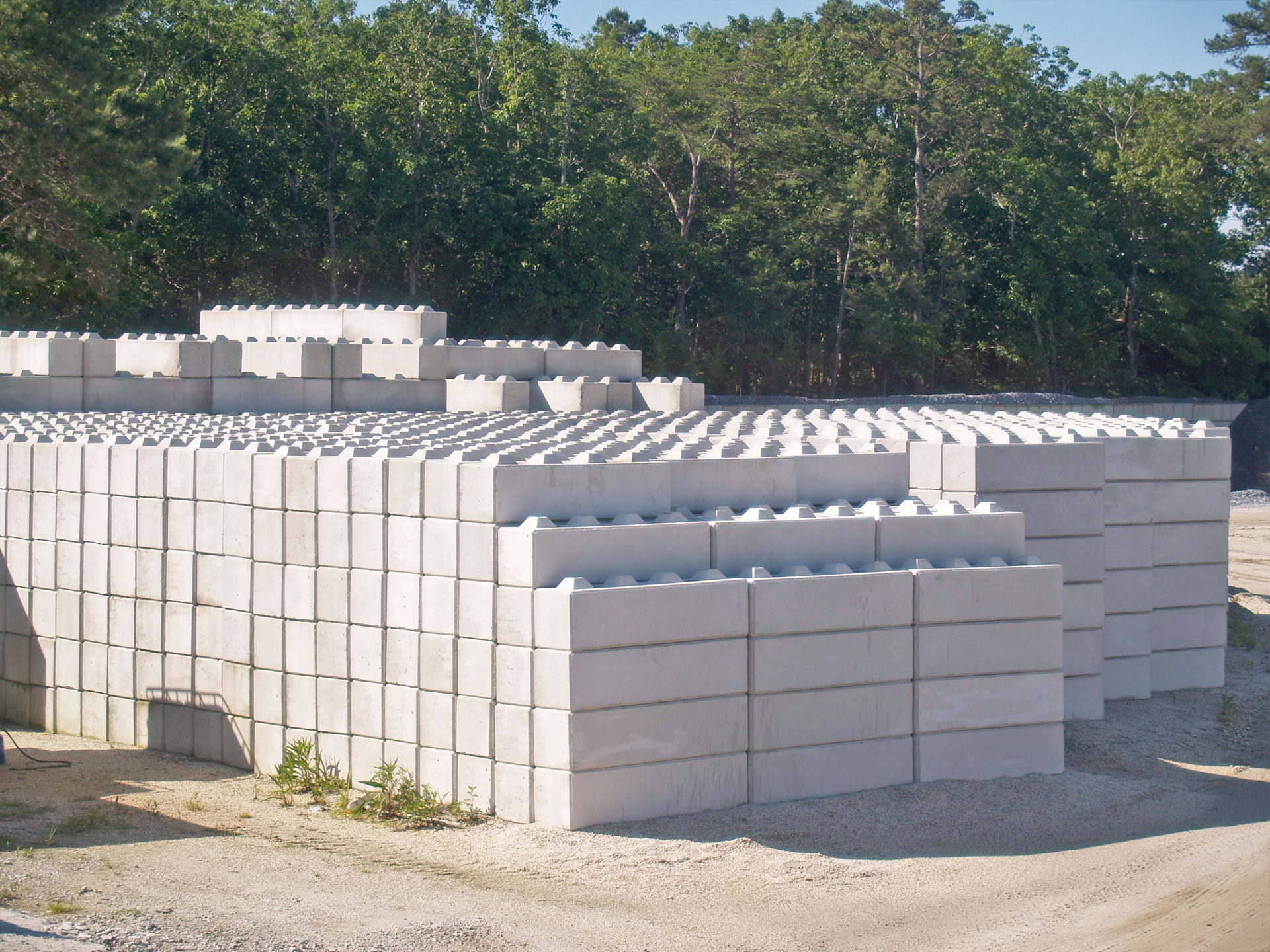
Bin Block Action Supply
Fast shippingshop our huge selectionread ratings & reviewsshop best sellers
Quality goods stand in stark contrast to this cycle. Second-hand record stores and online marketplaces like Discogs have become hotspots for vinyl enthusiasts, providing a platform for buying, selling, and trading records. In a world dominated by fast fashion, disposable electronics, and mass-produced items, many people are beginning to question the value of constantly purchasing new products. The buying and selling of companies, brands, and even entire industries can reshape economies, alter job markets, and redefine how goods and services are delivered. The idea of “buying quality” is not just a luxury; it’s a mindset that encourages consumers to think beyond the momentary gratification of cheap purchases and focus instead on long-term value and satisfaction. Their inherent value comes not only from their physical characteristics but also from the values of durability and sustainability. The concept of “for sale” stretches beyond physical items. This shift in mindset has contributed to a growing acceptance and even celebration of second-hand shopping, making it a mainstream activity that is not just about saving money but about making more thoughtful and responsible choices. For the buyer, it can feel like a great opportunity, a chance to acquire something they’ve been searching for, or maybe just the satisfaction of knowing that a good deal is within reach. Quality goods transcend trends and fleeting fads. Second-hand goods, especially those that are vintage or antique, often carry a sense of history and craftsmanship that can be missing from mass-produced products. When someone buys a second-hand item, whether it’s a piece of furniture passed down through generations or a retro jacket from a bygone era, they are not just acquiring an object; they are connecting to a story, a memory, or a cultural moment. Whether it’s the affordability, the environmental impact, or the opportunity to find unique items, second-hand goods provide an alternative to traditional retail shopping that is both practical and sustainable. In this sense, purchasing pre-owned items can be seen as a form of social responsibility, as it helps create a positive impact that extends beyond the individual buyer. For many, purchasing second-hand goods is not just about saving money, but about embracing sustainability, supporting a circular economy, and contributing to a more environmentally conscious world. Vintage clothing, in particular, has gained a significant following, with people seeking out unique, one-of-a-kind pieces that cannot be found in mainstream stores. Buyers can often filter search results by price, condition, and location, making it easier to find the best deals. In a sense, the very nature of human existence can feel like a transaction. It involves an in-depth understanding of the business’s financials, operations, and market position. When consumers buy these goods, they are investing in both the product and the people behind it.
There are communities that exist outside the realm of traditional commerce, where sharing, collaboration, and mutual support take precedence over profit. Many people continue to resist the notion that everything has a price, and they fight to reclaim what is meaningful and valuable in life. In a world that often prioritizes convenience
The notion of a business for sale is one that captures the imagination of many. Second-hand items are typically sold for a fraction of their original price, making them an attractive option for individuals on a budget. In some cases, a business may look profitable but may be hiding significant underlying issues, such as declining sales, ineffective marketing strategies, or employee dissatisfaction. Each item was unique, and the quality was immediately apparent to the buyer. For example, an old wooden chair might be sanded down and refinished into a modern piece of furniture, or a vintage dress might be altered to fit a contemporary style. Beyond financial savings and environmental impact, second-hand goods also offer a sense of nostalgia and connection to the past. Sellers also have to deal with the emotional aspects of letting go of a business that they may have built over many years. They become part of the story of the buyer and the creator, connecting people to a tradition of excellence, heritage, and care. For many, purchasing second-hand goods is not only a practical and affordable choice but also an environmentally conscious one. By choosing second-hand goods, consumers can help reduce waste, conserve resources, and lessen the demand for new production. It’s a moment of transition, and as with all transitions, it brings with it both excitement and uncertainty. Similarly, gently used clothing from high-end brands can be found for a fraction of their original retail price. When everything becomes a transaction, we risk losing sight of what truly matters. A person might sell a beloved possession to fund an important life change, such as starting a business, moving to a new city, or pursuing a dream. Thrifted clothing, vintage furniture, and pre-owned electronics are often seen as more authentic and unique than brand-new, mass-produced items. The internet, for example, has created a space where anyone can buy or sell almost anything, from physical products to intangible services. The advent of these online platforms means that consumers can hunt for items they might have otherwise overlooked or been unaware of, sometimes at a fraction of the original cost. There’s a certain art to selling something.